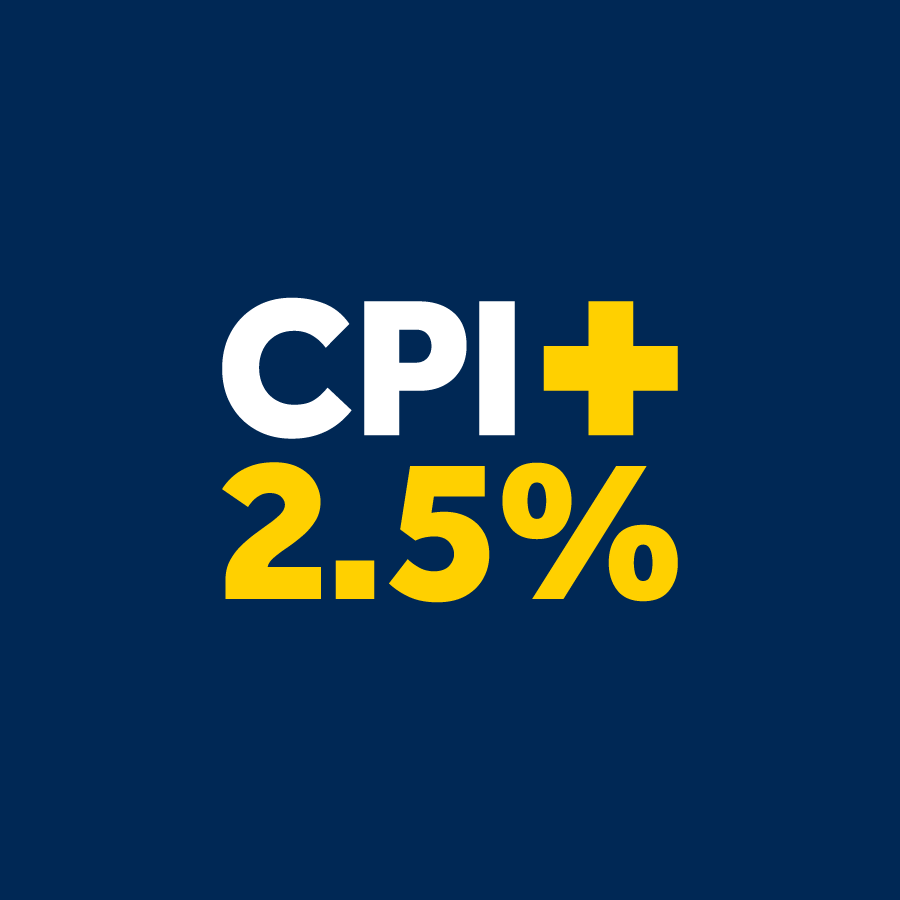Distributors of Hostplus products are required to report specific matters, such as complaints, distribution outside the TMD (unless it is based on personal advice) and significant dealings. If you need any assistance with the reporting, please email your enquiry to ddoreporting@hostplus.com.au.
Complaints
A complaint is an expression of dissatisfaction made to us by an account holder (or someone legitimately representing their interests), related to our products or services where a response or resolution is explicitly or implicitly expected or legally required. Distributors should refer to ASIC’s guidance on complaints (Regulatory Guide 271 Internal Dispute Resolution) for further information.
The DDO obligations require external distributors of our products to report to us the volume and details of any complaints they have received about the design or distribution of our products covered by our TMDs.
General product & performance feedback
Distributors should report all general feedback about the product and its performance.
Distribution of product outside of TMD
Distributors should report all distribution outside of the target market that was not based on personal advice. This should include an explanation as to why the distribution is outside the target market.
Significant dealings
A significant dealing report is intended to capture material or significant distribution of a product outside of its TMD.
Whether or not a dealing is significant will depend on a variety of circumstances, including (but not limited to):
- the scale of distribution outside the target market,
- the risk (or potential risk) of harm, financial loss, or detriment to those consumers from such distribution, and
- the nature and extent of inconsistency of distribution to the target market determination.
‘Significant’ is not defined by the Corporations Act. Each distributor will need to make an individual assessment in the circumstances of each case to determine when a dealing (or dealings) outside of a target market is significant, and this must be reported to Hostplus immediately.




